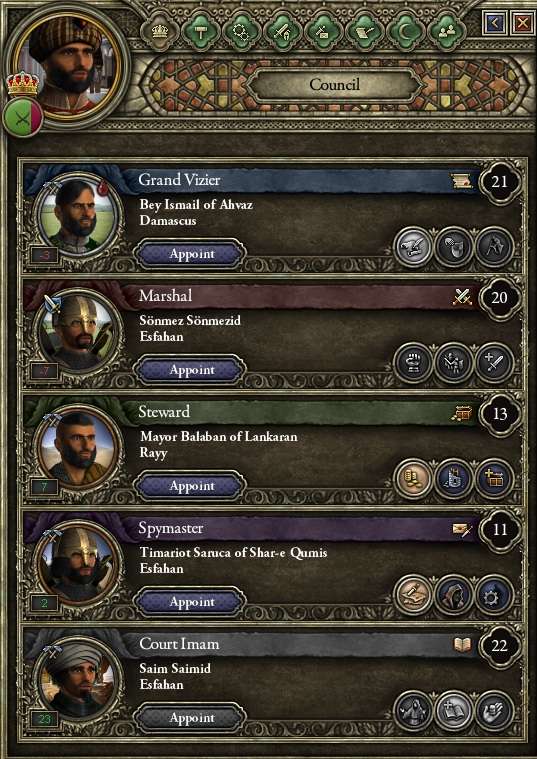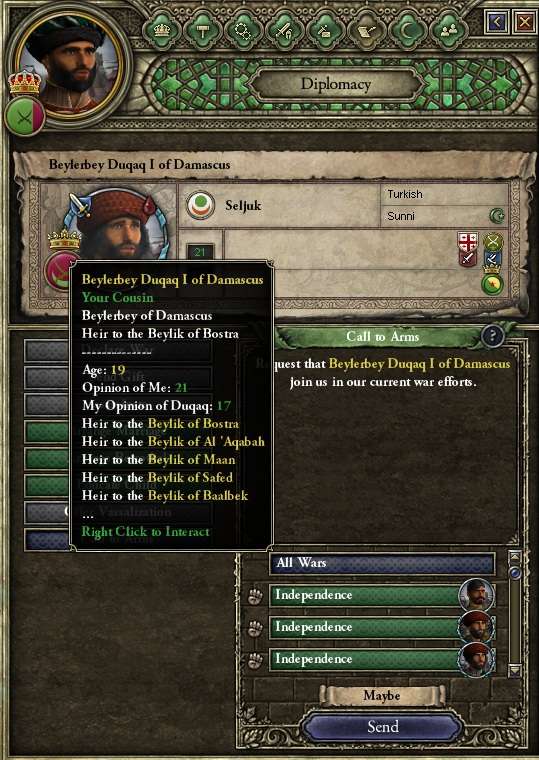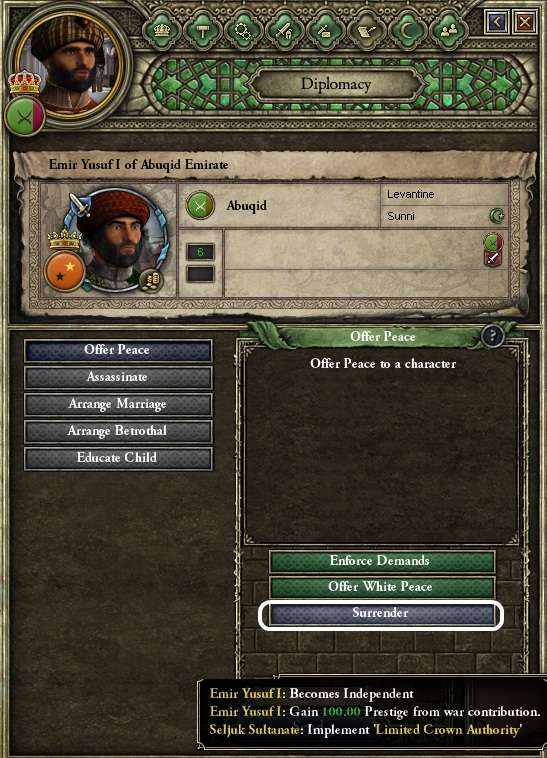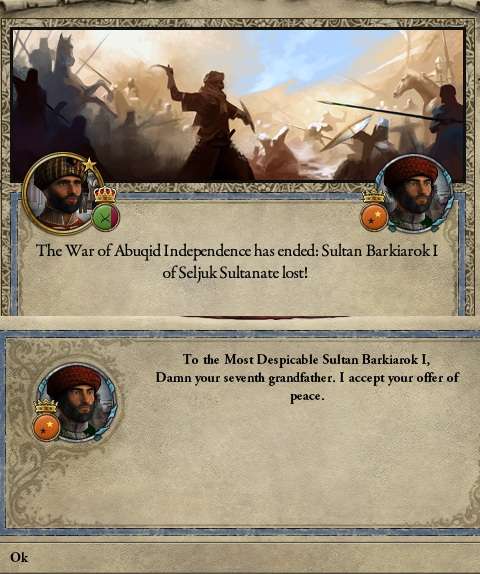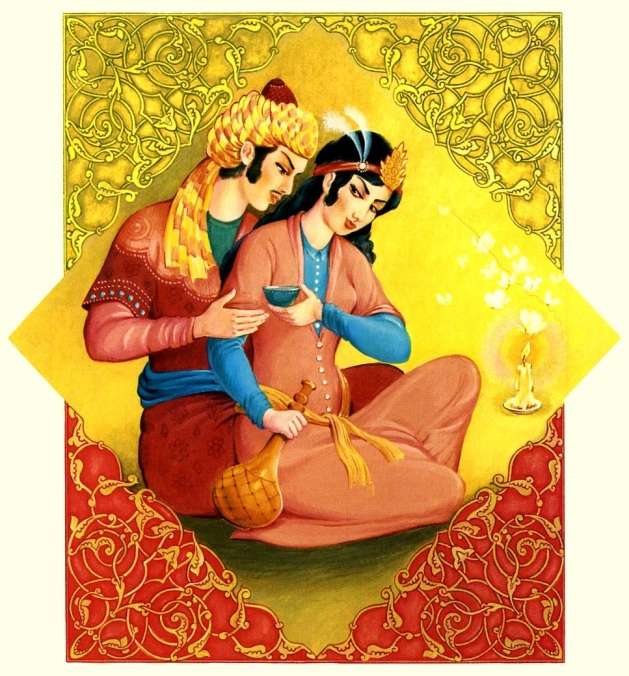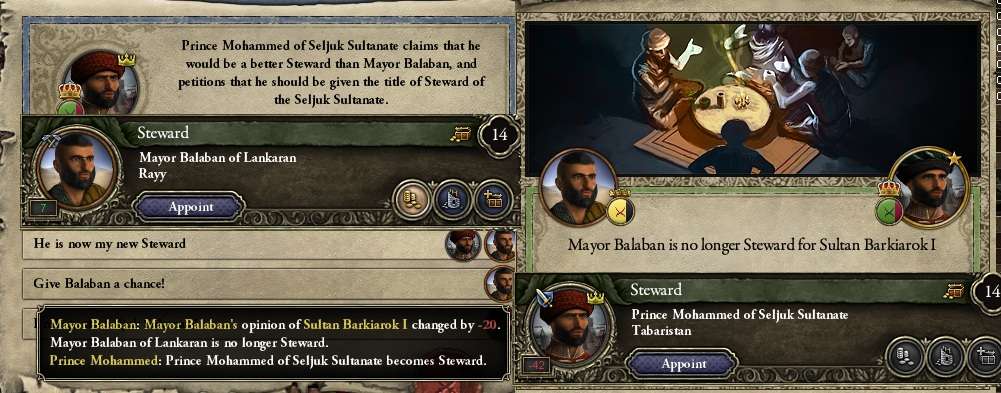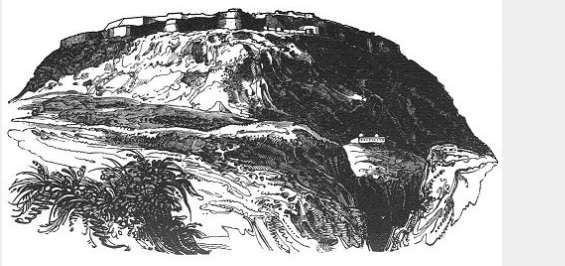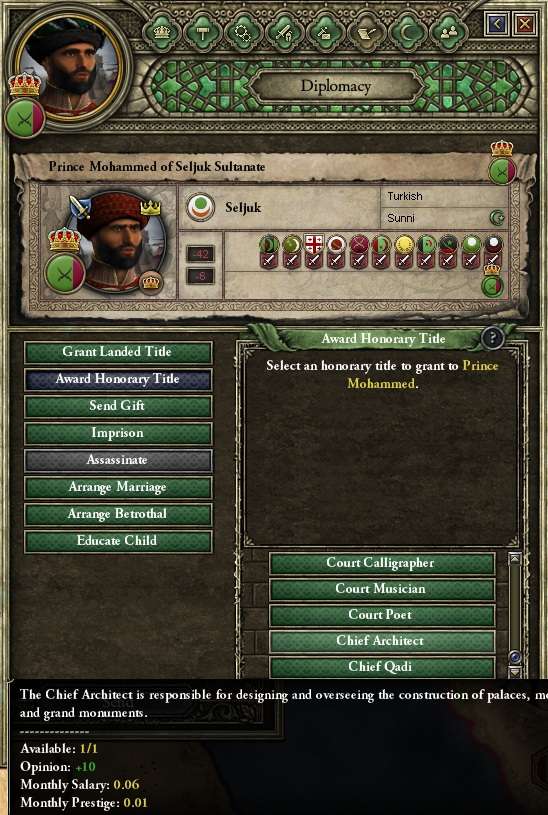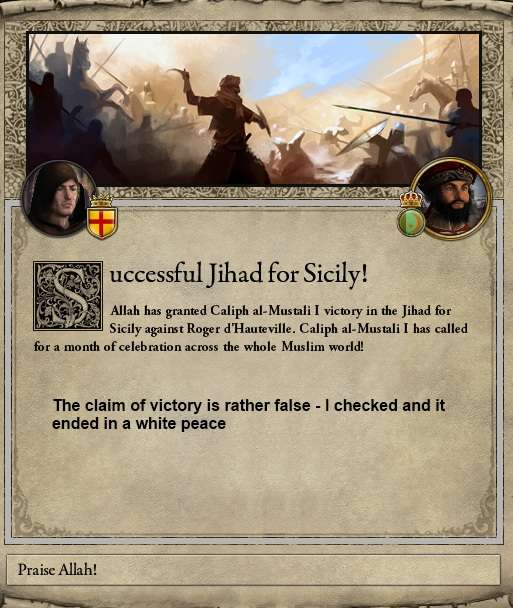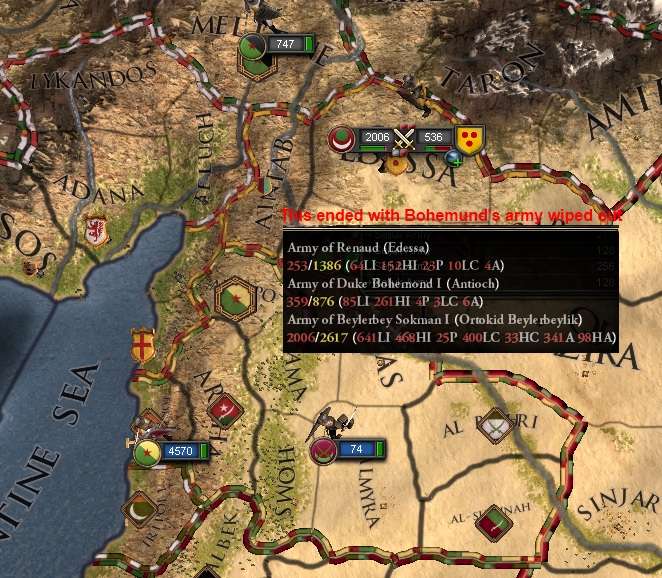Part 2: War
The fruits of victory
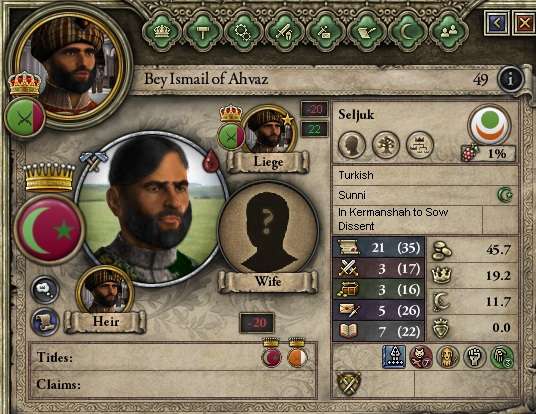
There were few worse sights than a 3 day old battlefield. But not many, and, to be honest, he really did not want to see them.
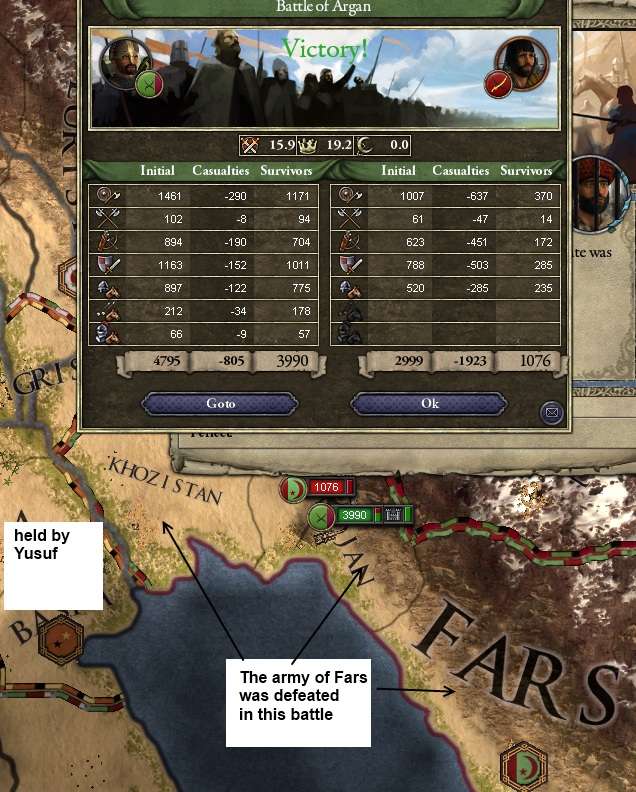
It wasn’t even quiet. Scavengers, human and animal, worked the foul crop that now lay in these fields. He glanced down at the nearest corpse. In life maybe he had been vain, a drunkard, a cheat, or maybe he had been pious, living by the law. In either case someone had chopped off three of his fingers so as to more easily remove his rings.
At least the winter snows would soon cover the carnage.
But of course it was a great victory. Added to
Yusuf’s defection it effectively ended the rebellion in the south.
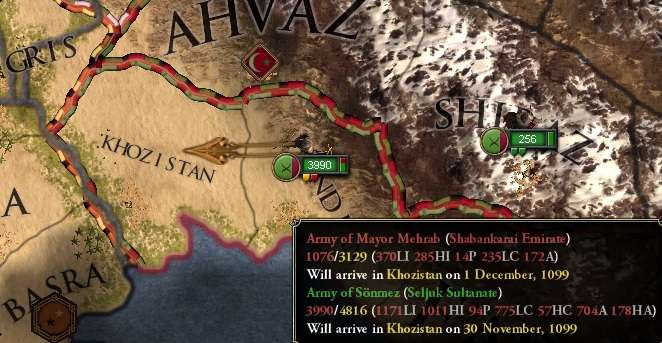
The Sultan’s army could take some of the main forts and then rejoin the rest of the force. By next summer [1], the Sultan’s army could be united and sweep into Mesopotamia.
The rebellion would be crushed, order would be restored.
And this man would never see his family again.
Ismail shook his head. He had a job, a role, more a mission.
He believed in Empire as the means for stability, and that stability as a means to serve both God and man … but he wondered if the chaos needed was too high a price.
This man, he again glanced at the corpse, the others who lay in this field or still fought for the Sultan. They were pawns on the chessboard, not to be sacrificed lightly but to be sacrificed as a means to win.
He muttered to himself
All very well but why then come out to look, the battle is over, the pursuit has started. Was it really necessary to drag his noble prisoner to watch his hopes rotting in the winter sunlight?
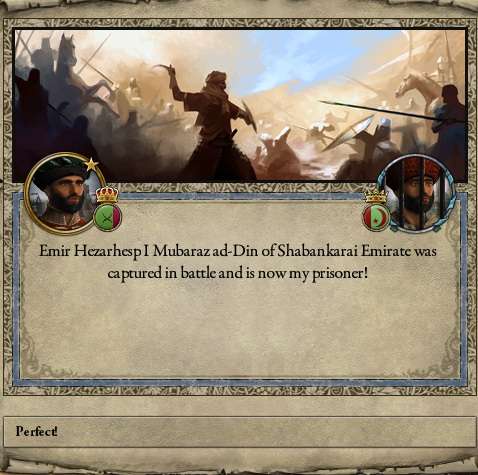
Perhaps this war was making him too ruthless?
[1] – this battle ended on 14 November 1099.




